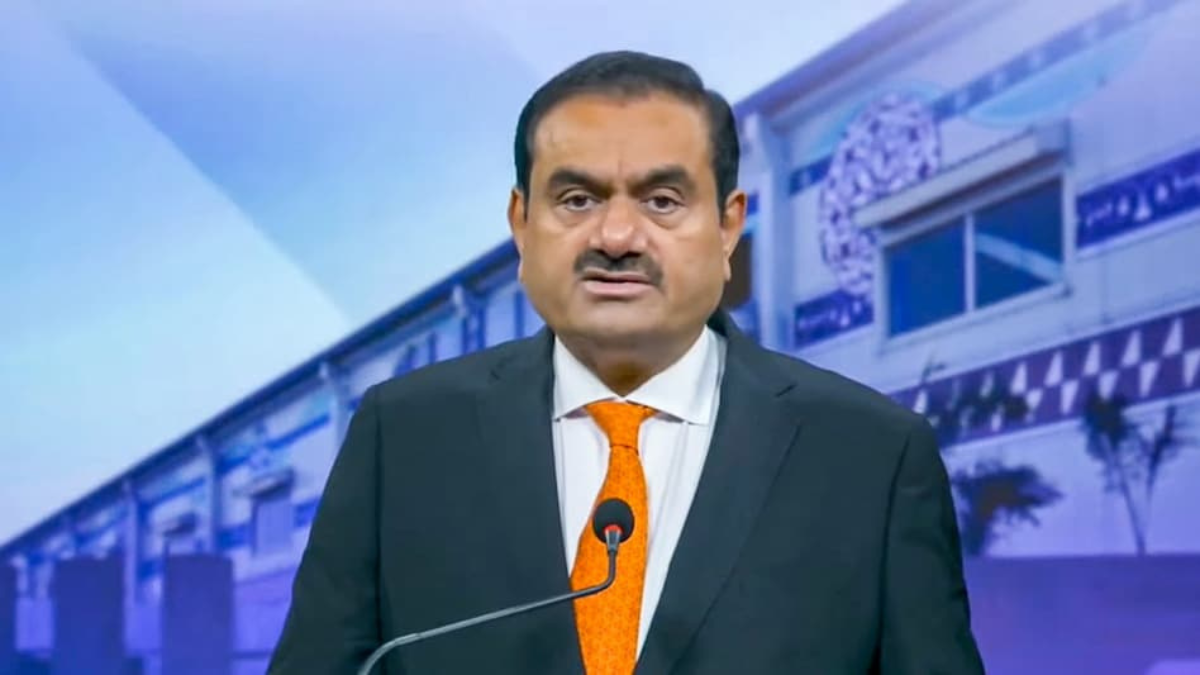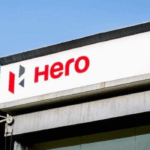Delhi Court Stops Defamatory Content Against Adani Enterprises – The Delhi court has recently taken a strong step in protecting the reputation of Adani Enterprises Limited (AEL) by passing an interim order against the circulation of defamatory content. The order, issued on 6 September 2025, restrains several journalists, activists, and foreign-linked organisations from publishing or circulating what the court described as “unverified and defamatory content” against the company. The next hearing is scheduled for 9 October 2025.
This case is significant not only because of the involvement of one of India’s largest corporate groups but also because it raises larger questions about freedom of expression, responsible journalism, and the role of courts in maintaining balance between fair reporting and protection of reputation.
Quick Summary
| Aspect | Details |
|---|---|
| Date of Order | 6 September 2025 |
| Next Hearing | 9 October 2025 |
| Defendants | Journalists, activists, foreign-linked organisations |
| Websites Involved | paranjoy.in, adaniwatch.org, adanifiles.com.au |
| Court’s View | Prima facie case in favour of AEL; media trial risk |
| Key Directions | Remove content within 5 days; intermediaries act within 36 hours |
| Exception | Fair and verified reporting is not restricted |
Why the Case Was Filed
Adani Enterprises filed a defamation suit in the Delhi court, claiming that a section of journalists, activists, and international organisations were deliberately spreading false and misleading information about the company. According to AEL, this was not just random criticism but a coordinated campaign designed to damage its reputation, mislead investors, and disrupt its global business operations.
The company pointed to a series of articles, online posts, and even dedicated websites that were allegedly carrying defamatory content. These materials, according to the suit, were presented as “news” or “investigations” but lacked proper verification and were harming public confidence in the company.
Who Has Been Named in the Case
The court’s interim order mentions several individuals and organisations:
- Journalists: Paranjoy Guha Thakurta, Ravi Nair, Abir Dasgupta, Ayaskanta Das, and Ayush Joshi.
- Organisations: Bob Brown Foundation, Dreamscape Network International Pvt. Ltd., GetUp Ltd., and Domain Directors Pvt. Ltd. (Instra).
- Websites involved: paranjoy.in, adaniwatch.org, and adanifiles.com.au.
The order also includes “John Doe” defendants, meaning unnamed individuals who might be part of spreading such content in the future. This ensures that anyone who later publishes defamatory material can also be brought under the court’s directions.
Court’s Observations
While passing the order, the court made some important points:
- Prima Facie Case: The court found that Adani Enterprises had established a strong first sight case. If the defamatory content continued, the company’s reputation would suffer irreparable harm.
- Balance of Convenience: The judge noted that the balance of convenience lay in favour of AEL, as the damage caused by unchecked defamatory material would be greater than any temporary restriction on the defendants.
- Media Trial Risk: The court expressed concern that unverified allegations could lead to a “media trial,” which might unfairly influence public opinion and investor trust.
- Fair Reporting Still Allowed: Importantly, the court clarified that the injunction does not stop fair, accurate, and verified reporting. Journalists can still report on Adani Enterprises, but their reporting must be fact-based and substantiated.
Directions Given by the Court
The interim order lays down clear instructions:
- Remove or Expunge Content: Defendants must remove allegedly defamatory content from their websites, articles, and social media posts.
- Deadline of 5 Days: If immediate removal is not possible, they must take down the material within five days of the order.
- Notification System: Adani Enterprises has the right to notify new links or posts that contain defamatory material. Once notified, the defendants or intermediaries must act.
- Intermediary Responsibility: Platforms like Google, YouTube, and X (formerly Twitter) must remove or disable access to such content within 36 hours of being notified.
- Interim Nature: This is not the final decision. The matter will be heard again on 9 October 2025, where the court will decide whether to extend, modify, or cancel the injunction.
Why This Order Matters
This case has wide implications:
- For Adani Enterprises: The order provides immediate relief by protecting its brand and reputation from continuous attacks. In the corporate world, reputation is directly linked to investor trust, stock market performance, and international partnerships.
- For Journalists and Activists: The case is a reminder about the importance of responsible journalism. While criticism of big corporations is part of a healthy democracy, it must be based on facts and verifiable evidence. Unverified claims can cross the line into defamation.
- For Digital Platforms: Intermediaries like Google and social media platforms are reminded of their legal responsibilities. Courts expect them to act swiftly on takedown requests when directed under IT laws and judicial orders.
- For Legal Precedent: This order adds to a growing trend where Indian courts are increasingly stepping in to curb the spread of potentially defamatory or misleading content online, while still emphasising that fair and verified reporting will not be blocked.
Conclusion
The Delhi court’s order against allegedly defamatory content targeting Adani Enterprises shows the fine balance between protecting a company’s reputation and safeguarding freedom of the press. On one hand, no business—big or small—should have to face baseless allegations that damage its image. On the other hand, journalism remains a pillar of democracy, and legitimate investigative work must continue without fear.
For now, the order provides temporary relief to Adani Enterprises and sets strict conditions for those accused of spreading false information. The final outcome will depend on the next hearings, but this interim injunction sends a clear message: freedom of speech must go hand in hand with responsibility and verification.










